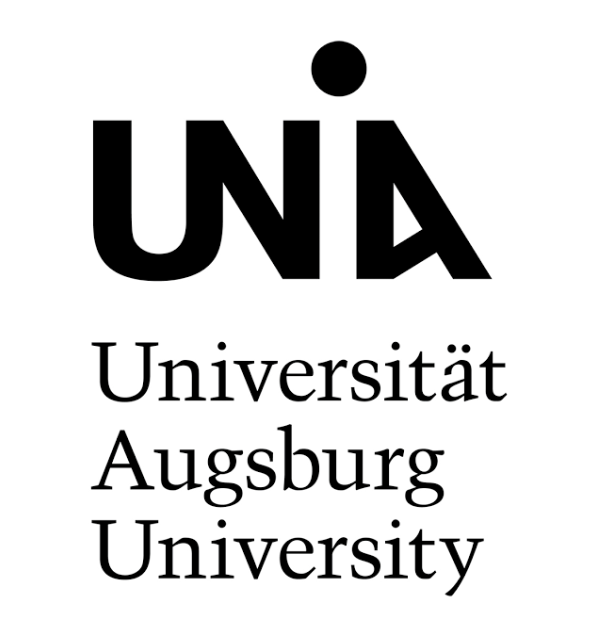
Reaction-Diffusion Models: Dynamics, Control, and Numerics
Next thursday our Head of the Chair Enrique Zuazua will be talking on the Analysis-Seminar Augsburg-München “Reaction-Diffusion Models: Dynamics, Control, and Numerics” at the Universität Ausburg-München, Germany.
Abstract. Reaction-diffusion equations are ubiquitous in a variety of fields including combustion and population dynamics.There is an extensive mathematical literature addressing the analysis of steady state solutions, traveling waves, and their stability, among other properties. Control problems involving these models arise in many applications . Often times, control and/or state constraints emerge as intrinsic requirements of the processes under consideration. There is also a broad literature on the control of those systems, addressing, in particular, issues such as the possibility of driving the system to a given final configuration in finite time. But, the necessity of preserving the natural constraints of the process are rarely taken into account. In this lecture we shall present the recent work of our team on the Fisher-KPP and Allen- Canh or bistable model, showing results of two different types depending of the initial and final states under consideration. First, the fact that, in some cases, the target can be reached for large enough time horizons, but that there is a minimal waiting time for this property to hold. And, second, negative results showing the existence of threshold effects, making some targets unreachable. We shall also present some numerical experiments showing that optimal trajectories are often quite complex, and hard to guess from purely analytical arguments.

